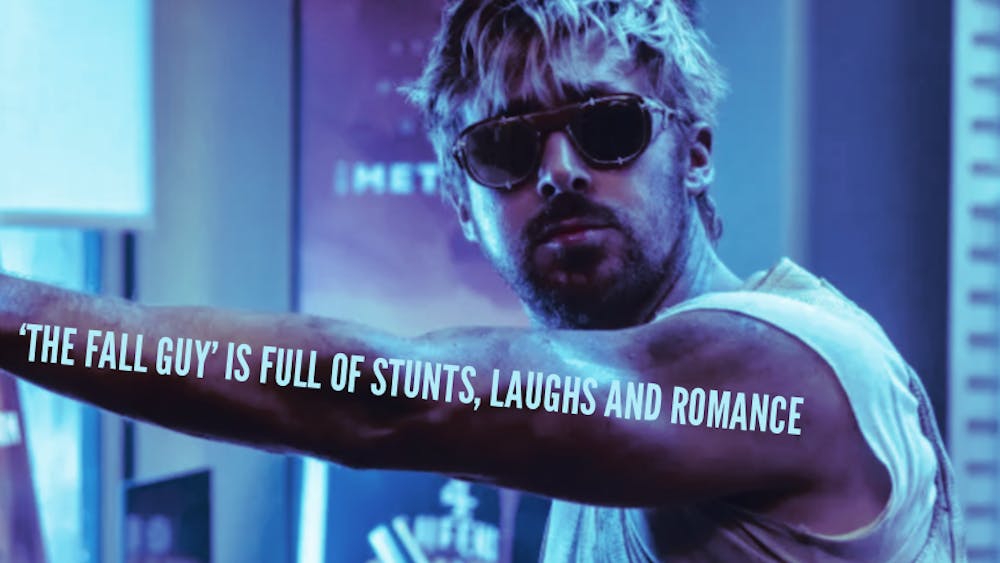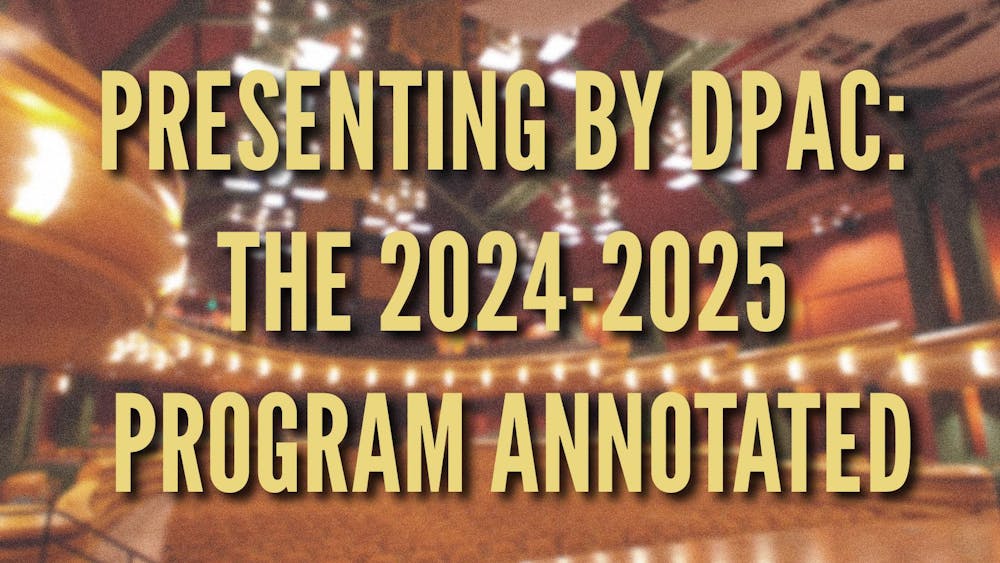
EMILY DANAHER | The Observer
On paper, James’ glitchy, dynamic compositions don’t seem suitable as a backgrounds for any pop star’s voice. James' work is often anti-commercial, sporting freakish album covers and unforgivingly harsh sounds. Taylor’s is relentlessly poppy, sporting straightforward rhythms and unabashed hooks around every corner. However, the two artists work when combined by amplifying each others’ hidden strengths. When isolated as a cappella, Taylor’s vocal performances shine; the uniqueness of her voice and its origins in the country genre are highlighted in James' electronic compositions. The effect works in reverse as well; the emotional potency of James' works are often shrouded in clutters of unusual notes and foreboding synthesizer tones. With Swift’s straightforward, emotive singing layered over them, the warm emotional undercurrent and subtle beauty of each Aphex Twin song selected is highlighted and amplified.
Oddly enough, the first composition on the record is the weakest. A fusion of Taylor Swift’s “I Knew You Were Trouble” and Aphex Twin’s “4,” “T4ouble” suffers because the two source tracks are in different (but still related) keys. Because of this, Taylor’s a cappella doesn’t reach its potential heights; neither track can make up for this foundational split. However, the record takes off right from the next track, “Starlicker”. The throbbing pads and vocal samples of “Windowlicker” provide an amazing backdrop for Swift’s “Starlight." “You’ll spend your whole life singing the blues if you keep thinking that way” dives into harmonious sadness when paired with Richard’s falling vocal sample, evoking far more emotion than either track separately. Then there’s the so-called "drop" into distortion immediately following “we could have 10 kids and teach them how to dream,” which seems to blow the ceiling off the track in a way that complicates the oft-referenced "impossible dreams" in a way that is both mesmerizing and haunting.
The rest of "Aphex Swift" continues to squeeze the most out of every Swift lyric. The soft rhythmic retreat in “Boy/Girl” opens up space for Taylor’s spoken word section in “We Are Never Ever Getting Back Together,” casting it an engagingly sincere and dismayed light. “Why you gotta be so mean?” sounds even more pleading over the gorgeous backdrop of Aphex Twin’s “Flim,” as does the entirety of “You Belong With Me” over “Avril 14th”. The chemistry between each a cappella/composition pairing is mind-blowing; these elements are truly better together.
That’s not to say that "Aphex Swift" is for everyone. Taylor’s lyrical and vocal style remain highly intact throughout the record, as does Aphex Twin’s penchant for shuttering, often difficult beats. However, anything else would be a travesty — the most impressive part of "Aphex Swift" is how it manages to both preserve and enrich the elements it brings together. "Aphex Swift" is an essential listen for any fan of experimental pop music and anyone who’s searching for an engaging new sound in the crowded musical scene. It works because in the end, music is music; it's a product crafted from melodies, rhythms and human emotion. "Aphex Swift" proves that hipsters and teenyboppers have a lot more in common than either one may think. Maybe the era of your song and my song is over, and now there’s only Our Song…and minipops 67 [120.2][source field mix].













